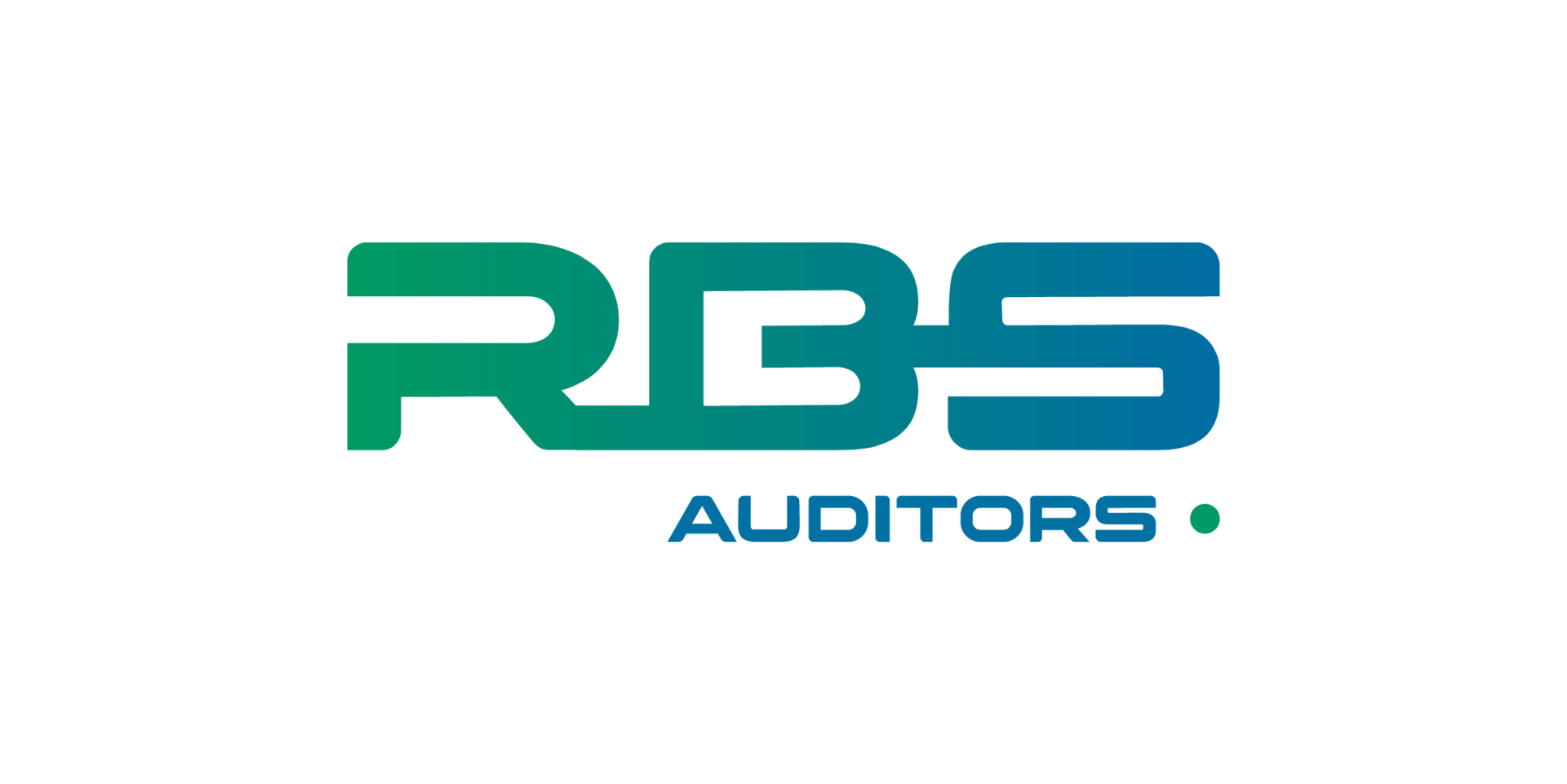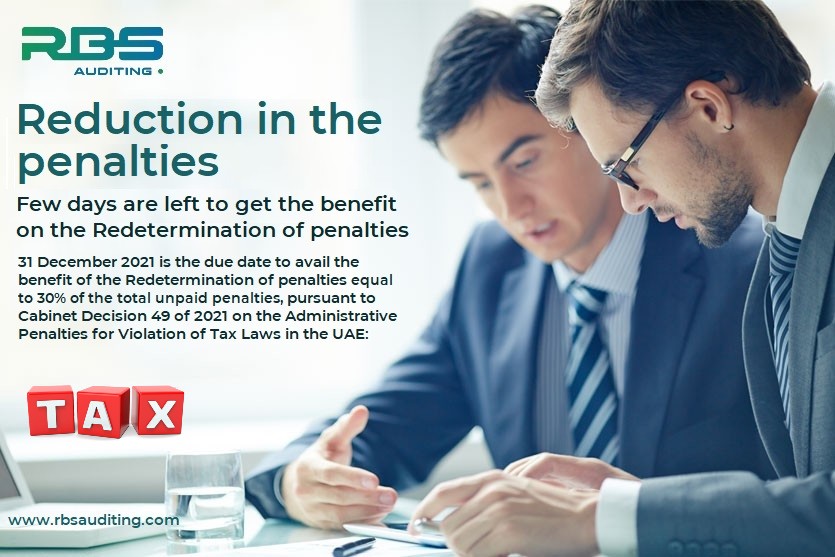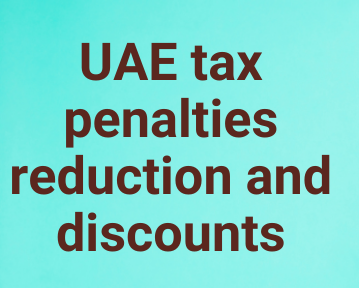Outsourcing is the practice of giving some of your work to a company other than your own to advance professionally. Outsourcing accounting services in Sharjah may be the finest choice for complicated financial reporting and accounting services. The following are the main advantages of outsourcing accounting.
- High profitability: The delays, errors, and review requirements of the internal accounting staff led to a great deal of dissatisfaction among businesses. By expecting efficient work that was jointly agreed upon and firmly enforcing regulations, outsourcing services may be helpful. To boost your company’s profitability, you may outsource while keeping your resources to a minimum and focusing on your strengths.
- Lower prices: One of the key benefits of outsourcing accounting services is the cost-effectiveness of the services. Savings on expenses can be substantial. Through outsourcing, you may select only the services you need. The business will be able to reduce some wasteful expenses.
- Reduced risk: Financial transaction reviews may be time-consuming, and reporting mistakes can be quite costly. A group of experts who work for outsourcing firms can manage all documents efficiently and with the fewest mistakes.
- Fraud check: In fact, outsourcing accounting services to trustworthy companies can help avoid and reduce employee fraud. If accounting tasks are managed internally, internal employee fraud is a possibility.
- Help in decision making: Delivering higher quality accounting information more quickly, effectively, and efficiently might take some time. Working with accounting professionals may help you obtain more reliable information that may speed up the process of making better business decisions.

Why outsource accounting services from RBS?
An accounting department should be included in every business organization. Organizations look for accounting solutions that are affordable while still hoping to add value to enhance results. Outsourcing accounting services might help you identify the primary areas of activity for your company.
Outsourcing accounting services in Dubai, United Arab Emirates is a sensible way to handle accounting duties because skilled accounting professionals are readily available there. RBS is a reliable accounting company that can handle all accounting tasks and assist with establishing financial transactions.
RBS maintains client accounting records in a way that allows MIS to be generated from the accounting system to check on the health of the company regularly. To free up the client to concentrate on their main business, we handle the bank, vendor, and customer reconciliation process. Another one of our services is assisting you in hiring your accounting team. Due to our extensive accounting work expertise, you will profit.
We are a reputable accounting business in Dubai, United Arab Emirates, with years of service. We have developed relationships with various business leaders in the UAE. RBS offers our clients a comprehensive package of services including financial consulting, business establishment, tax services, UAE free zone company liquidation, and more, making accounting and bookkeeping easier for SMEs. We are regarded as one of the top audit firms in UAE. Like accounting firms, our goal is to set up accounting procedures for our clients in compliance with their rules and specifications as well as with regional accounting regulations.

















